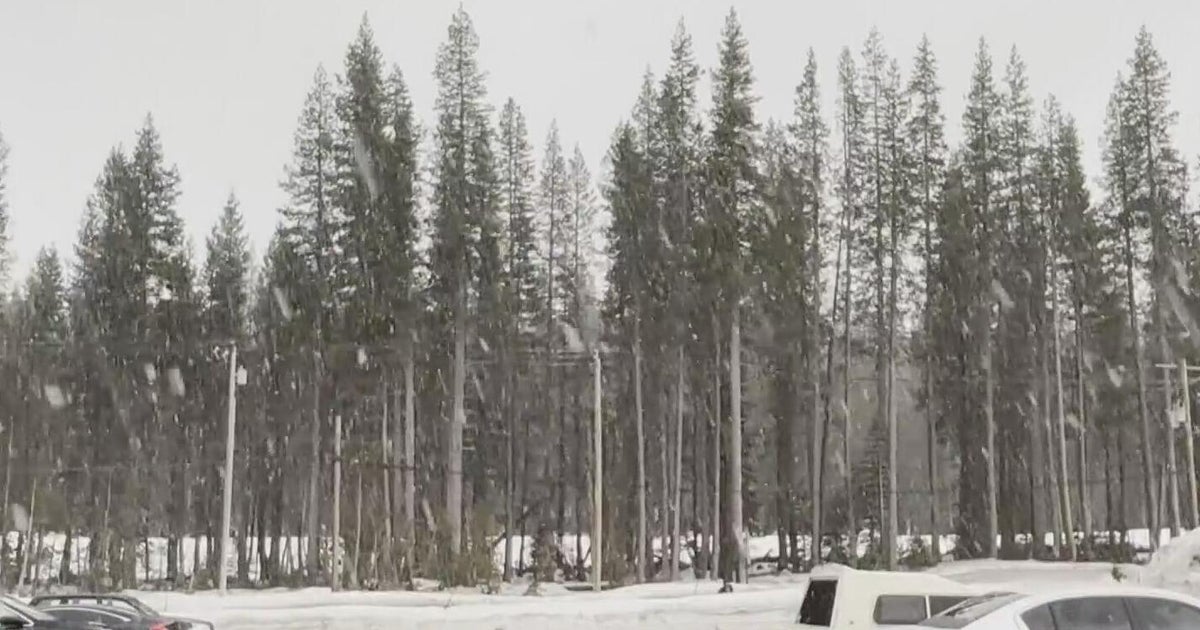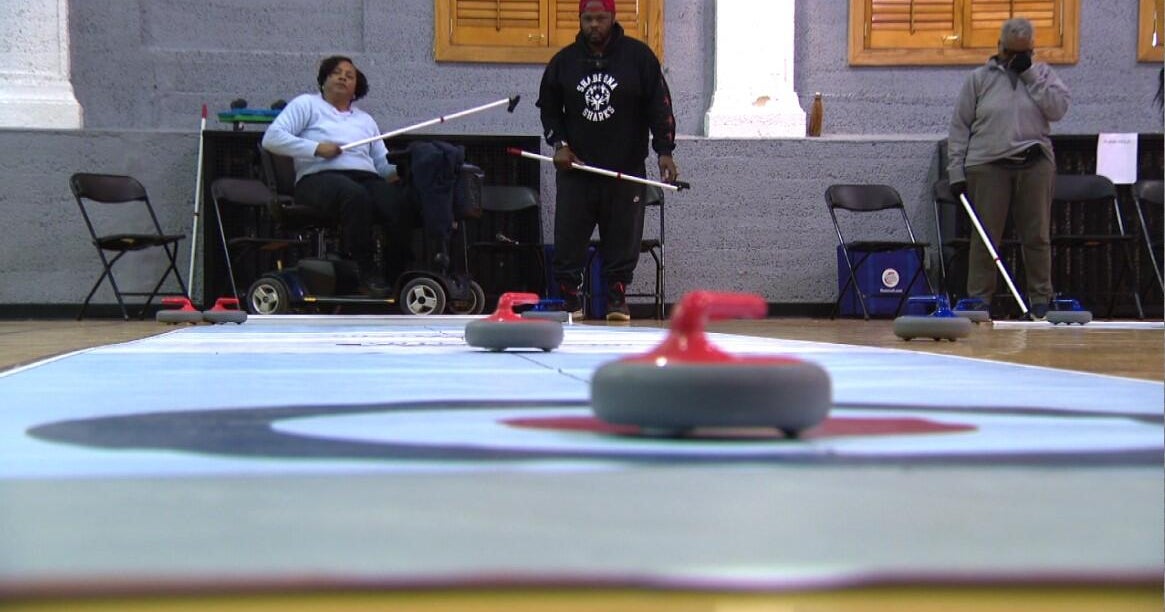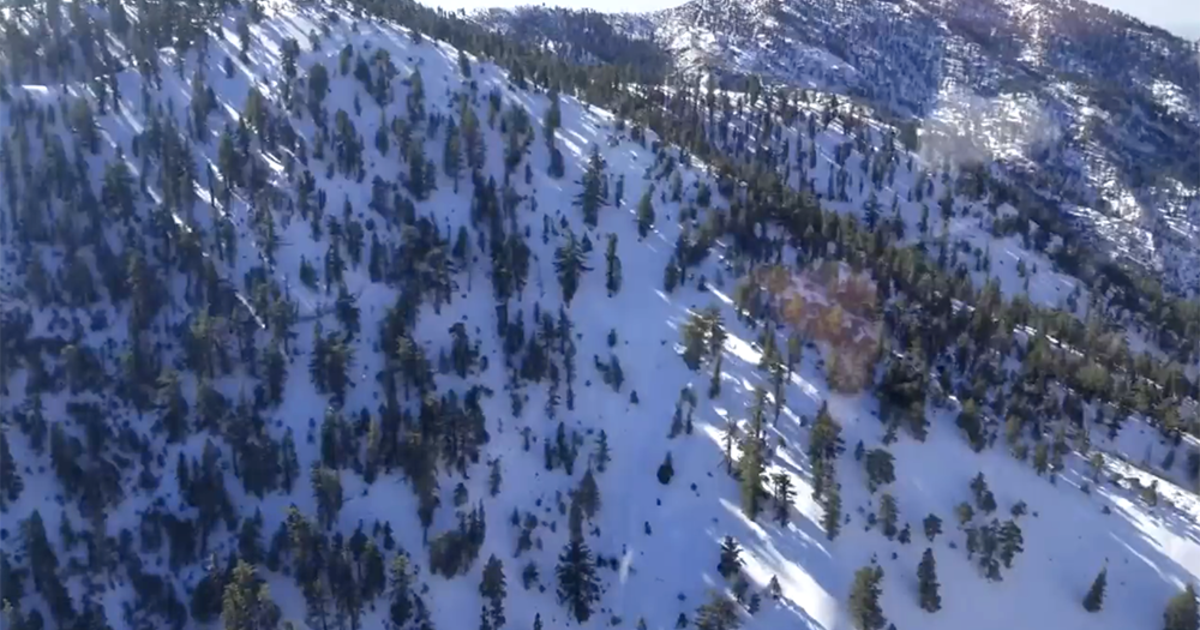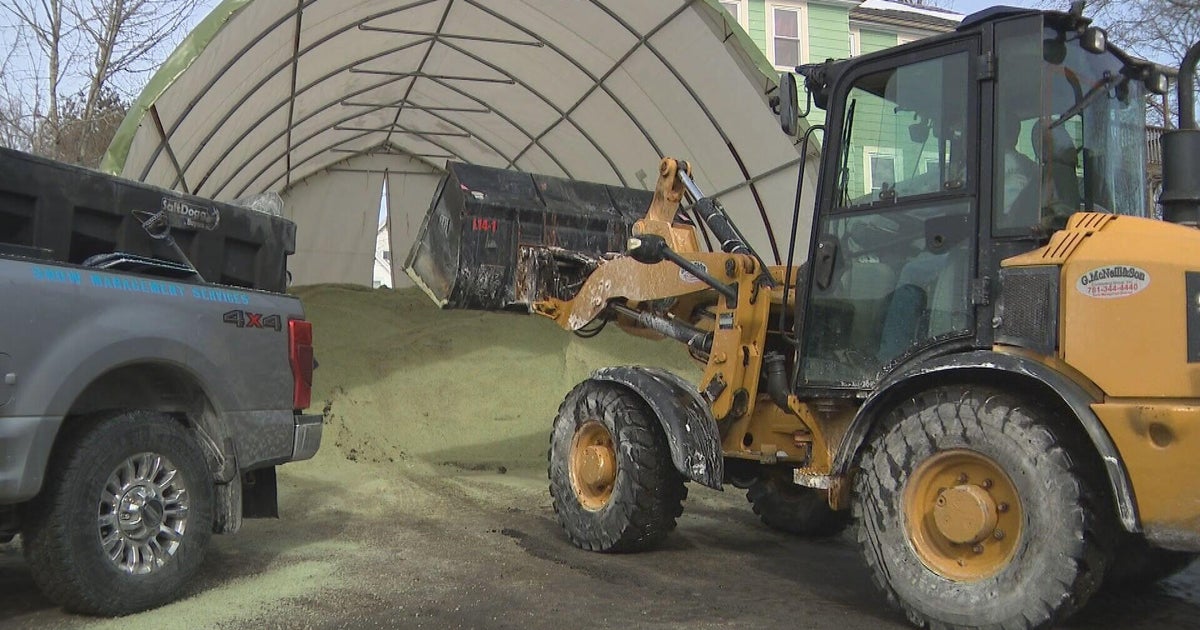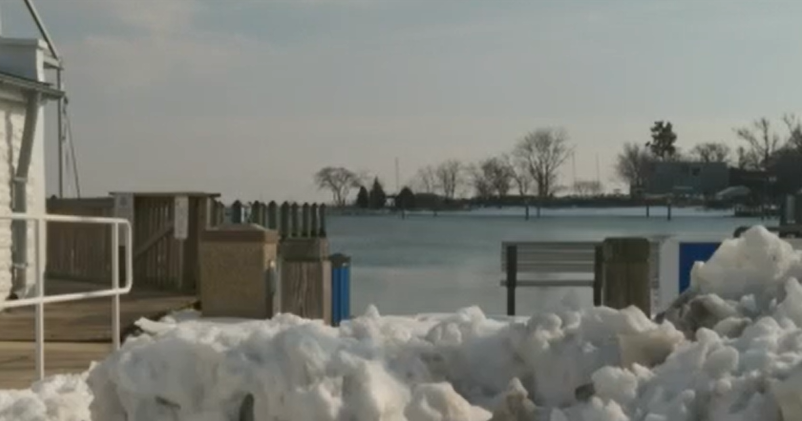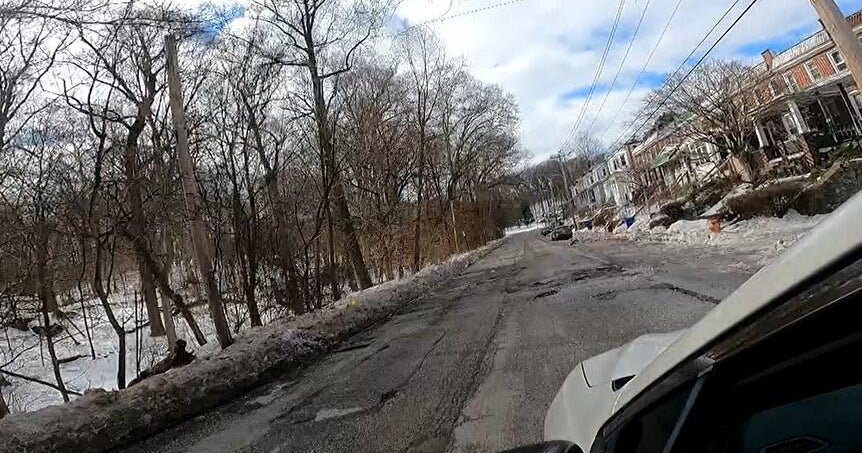Chiberia 2014: Making The Case For Worst. Winter. Ever
By John Dodge
CHICAGO (CBS) -- With the end of what experts call "meteorological winter," this relentless, unforgiving season will be one of those that will remain in our collective memories for a long, long time.
2014? Say hello to 1979 and 1967.
It has been one of THOSE winters, the kind that will have all of us sharing stories with future generations.
"My dad was telling me about the winter of 1979," one woman was overheard saying to her friends on the train on Friday. "So we kind of bonded sharing experiences with winter."
For those who are too young to remember 1979, or even 1967, Chicago has given you your season to remember.
The winter of 2013-14 has been unending and ruthless--and devoid of one of those defining mega-storms, like the Blizzard of 1967--or the storm that welcomed the New Year in 1999 or the Groundhog's Day blast of 2011.
It seems that it has snowed every weekend and was brutally cold almost every day.
Actually, that is pretty much the case.
One could argue that it is: THE. WORST. WINTER. EVER.
There have been a handful of seasons with more snow, and a handful of seasons that have been colder.
However, rarely has there been a season that combined both, until now.
At minimum, this year will rate as the fourth-snowiest ever. It is currently No. 5, but Chicago only needs another half-inch to overtake 1967. That will probably happen this weekend.
SNOW TOTALS FOR SEASON
1) 89.7 IN. 1978-1979
2) 82.3 IN. 1977-1978
3) 77.0 IN. 1969-1970
4) 68.4 IN. 1966-1967
5) 67.9 IN. 2013-2014
6) 66.4 IN. 1951-1952
7) 64.1 IN. 1917-1918
8) 60.3 IN. 2007-2008
The average temperature this winter has been 18 degrees. There have been a whopping 22 days that were below zero, ranking 2014 as one of the coldest, too.
The record for below-zero days, set 125 years ago, is 25.
Finally, this season rates No. 3 since records were first recorded in the 1800s for cold.
Chicago set a record for the date of 16 below on Jan. 6. The below-zero temperatures started on Dec. 10, the earliest below zero reading in nearly 15 years.
The late 1970s had more snow. The mid 1980s were colder but didn't have as much snow. The year of 2014 combined both.
The winter of 1979 is recalled for the sheer level of snow, nearly 90 inches. The piles of plowed snow were so high, that is was nearly impossible to see oncoming traffic. Many drivers attached tall orange flags to their vehicles. That year followed another bad year for snow. People often seem to simply combine the two, saying: "The late 70s were the worst."
The failure to plow the snow in 1979 also ended the career of Mayor Michael Bilandic, after the city blundered its response to a storm that left 20 inches in mid-January that year.
The winter of 2011 is remembered for a singular event: The Groundhog Day blizzard that was so intense that it left scores of motorists stranded on Lake Shore Drive.
The record-setting Blizzard of 1967 remains one of the most vivid memories for older generations of Chicagoans. It crippled the city and killed several people.
The timing of that storm, and the lack of current technology used to predict and prepare played a huge role. Just days before, the temperatures were in the mid-60s.
On Jan. 26, snow was falling lightly in the early morning, but the storm really hit hard during the evening commute and stranded scores of cars and buses. It didn't stop snowing until the following afternoon and left 23 inches in its wake.
The narratives behind those winters tend to make people believe that those were the worst winters in Chicago. And, one could argue, that is true. However, looking at the raw numbers, 2014 is worse.
There are still three more weeks until the official start of spring. The "meteorological winter" runs from Dec. 1 until March 1.
Historical data indicates that Chicago probably won't break the record for below zero days--although temperatures for the next week will be about 20 degrees below normal.
There is a better chance of seeing more snow.
The tenth-worst snowstorm ever in Chicago happened at the end of March in 1970 (14 inches).
Yes, the worst winter ever.
And it's not over yet.

